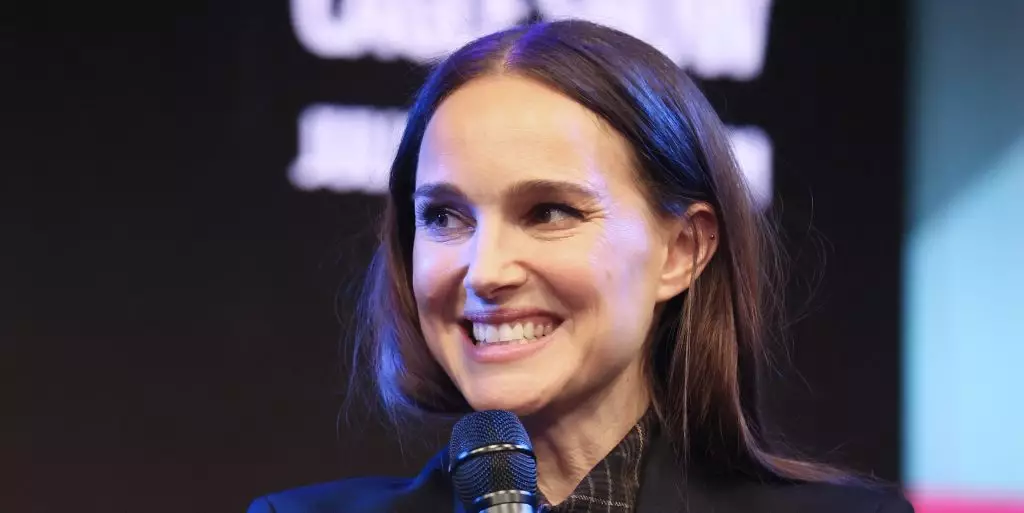The film industry is experiencing a significant shift in the way it is consumed, according to Natalie Portman. In a recent interview with Vanity Fair, she expressed her gratitude towards the changing dynamics of cinema, particularly among younger audiences. Portman highlighted the fact that film is no longer the primary form of entertainment for many people, but rather a niche interest. This change has paved the way for a new era of exploration and creativity in the world of cinema.
One of the key advantages of cinema becoming less mainstream is the freedom it allows artists to delve into more niche and unconventional topics. Portman emphasized the importance of creating art for passion rather than solely for commercial success. This shift towards a more artistic approach to filmmaking enables directors and actors to explore their creativity without the constraints of mainstream expectations.
The democratization of creativity within the film industry has been a direct result of the rise of online platforms. Portman pointed out that gatekeepers in Hollywood have been demoted, allowing a more diverse range of talents to emerge. The accessibility of online streaming services has made it easier for people from all walks of life to access a wide variety of films, including art cinema that may not have been readily available in the past.
Despite the positive aspects of these changes, Portman also acknowledged the potential risks of elitism within the industry. As traditional forms of entertainment lose popularity, it becomes crucial to assess the target audience for art films and ensure that they remain inclusive and accessible to all. The increasing accessibility of online platforms presents both opportunities and challenges for filmmakers, as they navigate the evolving landscape of cinema.
Natalie Portman’s insights shed light on the evolving landscape of the film industry and the impact of online entertainment on traditional cinema. The shift towards niche and unconventional filmmaking opens up new avenues for artistic expression, while also raising questions about the accessibility and inclusivity of art films in the digital age. As the industry continues to adapt to changing consumer preferences, filmmakers must strike a balance between artistic integrity and commercial success in order to thrive in this new era of cinema.

